AI Overviews are collapsing the clickstream — and only the most recognisable brands are benefiting. That was the clear takeaway from a recent webinar hosted by Kevin Indig (Growth Memo), which presented what may be the first true usability study of Google’s AI Overviews.
The findings were as striking as they were validating. For those of us working in SEO, it confirmed that this isn’t a minor tweak to the SERP. It’s a structural shift in how users interact with information — and a clear signal that traditional strategies won’t hold much longer.
Table of Contents
ToggleClicks Are Collapsing
According to the study, AIOs are reducing click-throughs by 30% on mobile and 50% on desktop. These numbers align closely with my analysis across multiple sectors, where we’ve already seen significant erosion in click volume.
But it’s not just about volume — it’s who gets the clicks. Only the top one or two citations in an AI Overview receive meaningful traffic. Links further down are practically ignored.
Brand Now Beats Relevance
Perhaps the most revealing insight is how users are choosing what to click. An overwhelming 58% of clicks went to brands users were already familiar with — even when lesser-known sites had more relevant titles or snippets. This tells us that trust and recognition are now the dominant forces in user behaviour. In short, users aren’t asking “what’s the best result?” — they’re asking “who do I already trust?”
Generational Split in AIO
The data also revealed a generational divide. Users under 35 are far more likely to engage with AIOs, but interestingly, when they do click, it’s usually to Reddit or YouTube — human-first platforms. Older users, on the other hand, are more sceptical. Those over 35 tend to skip the AI-generated answers altogether and scroll to traditional organic listings. This could have implications for businesses with a heavy desktop or older demographic skew — they’re potentially less exposed to the risks of AIO dominance, for now.
Fewer Clicks, But Stronger Signals
Another unexpected trend is that even as clicks fall, many US websites are seeing stable or even rising revenue. This suggests a filtering effect. AIOs may be skimming off the low-quality, low-intent traffic, leaving behind users who are further down the funnel and more likely to convert. It’s a small silver lining — but one worth exploring further.
AIO's Are Weak at Driving Purchases
For commercial queries with high purchase intent, AIOs offer little to no additional value. The closer a user gets to conversion, the more likely they are to ignore summaries and go straight to trusted sources. Interestingly, just 4% of users took time to validate the AI’s answer for simple factual queries. Most accepted the result and moved on, reinforcing how much perceived authority these overviews now carry.
The Takeaway: SEO Has to Evolve
If you’ve been reading my 3 Minute Thrive Newsletter for a while, you’ll remember that around mid-summer last year, I shared how I’d just delivered my first SEO strategy that didn’t include traditional keyword targeting. Then in October, I wrote:
“The strategies I deliver to clients now emphasise how SEO must be all-encompassing, blending on-page efforts with social media, video platforms, and digital PR. SEO results are no longer confined to your website — they’re pulled from off-page mentions, social signals, and other digital touchpoints. Outreach builds links, while hyper-focused, hyper-personalised landing pages — leveraging server-side data — act as foundational pillars for both visibility and engagement.”
This new study doesn’t just validate that thinking — it reinforces how rapidly the landscape is shifting. In November, I wrote:
“The days of thinking SEO as a pure performance channel are fading fast. In this new environment, building a recognisable, trustworthy brand is what determines visibility. And it goes far beyond your website.”
We’re now seeing that play out in real time.
If 2025 is indeed the peak of SEO as we once knew it, then the future belongs to those who think bigger — who treat SEO not as a siloed tactic, but as an integrated brand visibility engine that spans platforms, formats, and channels.
Ranking means less if no one knows who you are. The future of SEO is about recognition, credibility, and turning up in the places that influence decisions.

Martin Jeffrey
Martin Jeffrey is the founder and strategic lead of Harton Works, a consultancy focused on Retrieval-First™ Marketing and AI-era visibility. With over 25 years of experience in digital strategy, he helps businesses adapt to the new rules of search, aligning SEO, content, and AI readiness to drive sustainable growth.
Related Posts
December 10, 2025
Black Friday 2025: The £8m Mismatch
New data from 170,000 orders shows AI informed shoppers arriving decision…
October 8, 2025
Retrieval-First™ Framework
Most businesses are rushing into AI—but only 1% have actually integrated it…
October 6, 2025
AI Search Trends 2025
As we reach Q4, three critical reports have emerged that collectively challenge…




